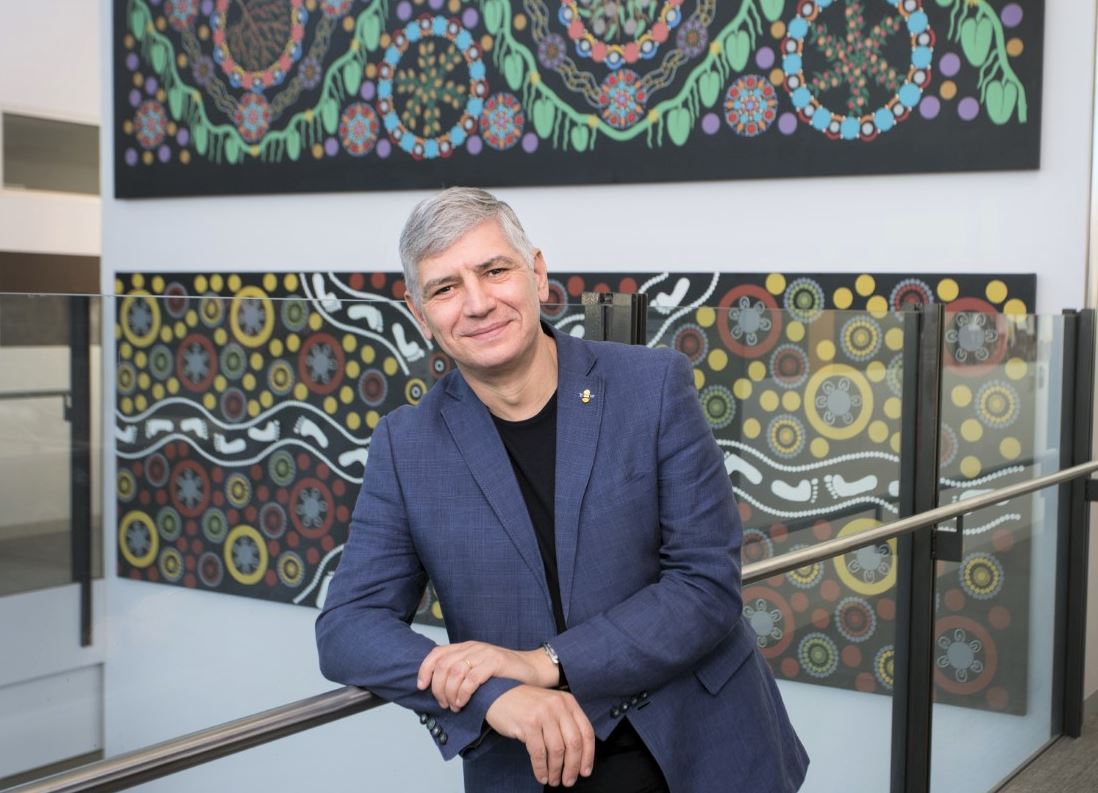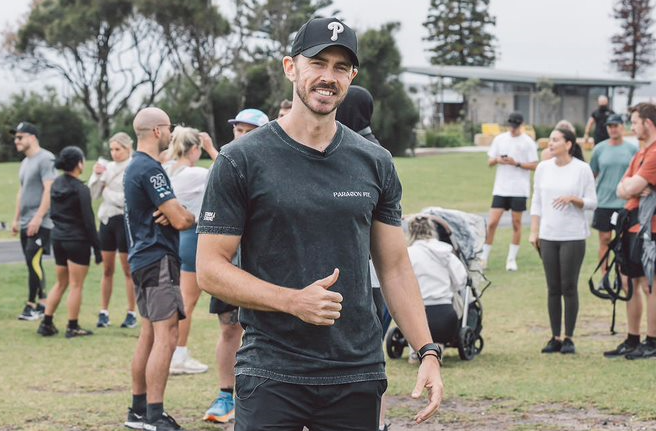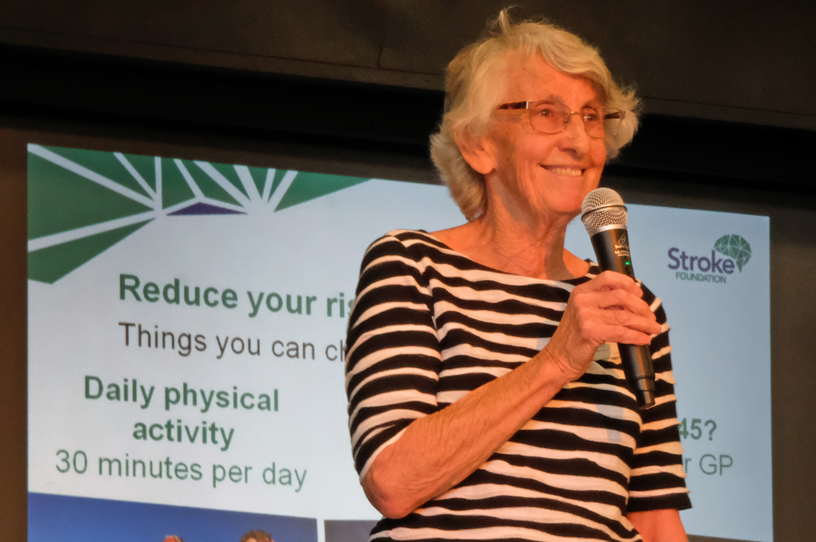
COVID-19 has exacerbated weaknesses in Australia’s mental health systems, with waiting times soaring to beyond six months in many states, and continuing unemployment combined with diminishing government support set to increase pressure on services.
Professor Mike Kyrios, Director of the Órama Institute for Mental Health and Wellbeing at Flinders University, says government must urgently shift focus to preventative measures, to stem the influx on overburdened support services and help people before their situations become desperate.
“There is a lot that people can do to rethink their futures when their world is in turmoil, but in order to do that you need to be strong and resilient. That’s where preventative and early intervention programs can be very effective,” Professor Kyrios says.
“Governments need to resource quality preventative programs to stem the burgeoning pipeline into psychology services.”
The pandemic has seen a surge in new mental health rebates and resources from government. However Professor Kyrios says that these are not sustainable due to costs and workforce shortages. The Órama Institute for Mental Health and Wellbeing and Breakthrough Mental Health Research Foundation is working towards filling the gap with a preventative and early intervention that is effective and sustainable.
The Be Well Plan, a partnership between Flinders University’s Órama Institute and the South Australian Health and Medical Research Institute (SAHMRI), is an evidence-based, facilitated program that coaches participants to craft their own personalised wellness strategy. It is currently offered free of charge and has engaged more than 2,000 people to date.
“This is an example of a resource able to reach large numbers of people, but it requires trained facilitators to complement the online components and there is a limit to that capacity.”
Professor Kyrios says facilitation is essential for mental health interventions, with therapist-assisted programs around three times as effective as self-guided with much lower drop-out rates.
“People feeling depressed or overwhelmed are often not in a peak state of mind to complete a program on their own, they need someone motivating and guiding them through, encouraging them to not give up and stay on task.
“The Be Well program delivers results but it needs to be scaled up, more facilitators need to the trained, its effectiveness needs to be monitored – that takes more research and evaluation.”
Government involvement in prevention would also help consumers navigate the wide range of resources available.
“There are increasing mental health resources on the web but many are not based on scientific research and most are not facilitated,” Professor Kyrios says.
“In some countries like Wales and New Zealand, we are seeing major public projects having to address the potential community impacts on wellbeing, much like environmental policy in Australia. This is indicative of the emerging importance of wellbeing.”
“Australia may not be there yet, but we are facing years of employment, financial and social stress and if we don’t help people become more resilient and get back up their feet before their situations deteriorate, then the burden on our health services will only grow.”
Professor Kyrios will speak at a free, livestreamed event on Tuesday 20 October with Joep Van Agteren, Research Lead: Wellbeing and Resilience Centre at SAHMRI, and Flinders University’s Liz Hall, on the science of building mental health and resilience, and the importance of access to evidence-based, trusted information.








